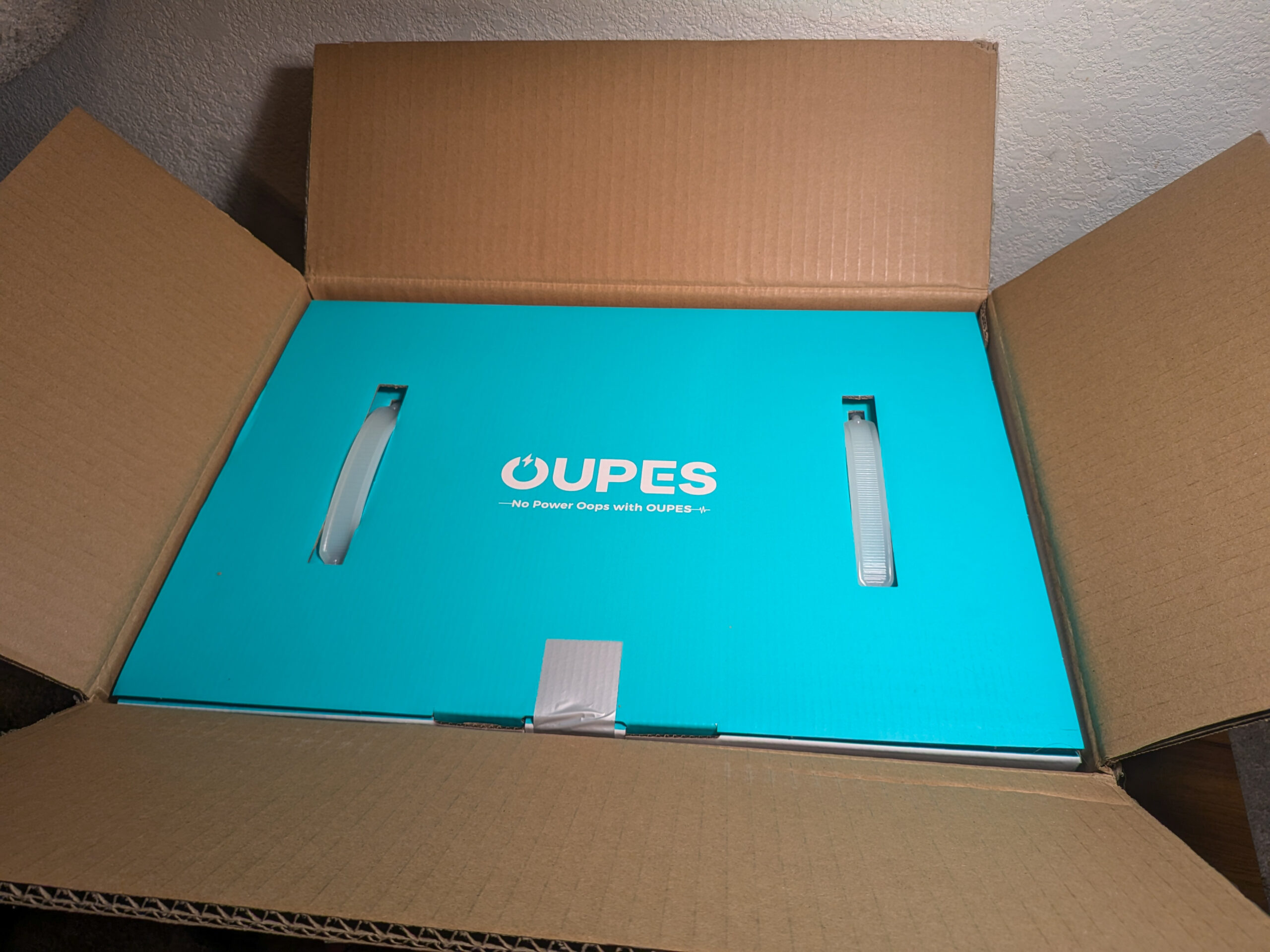Sign up for daily news updates from CleanTechnica on email. Or follow us on Google News!
CDK Global is a data company with a strong focus on serving the needs of the auto dealers. After the handshake that seals the deal, there are a lot of digital communications that go on in the back office between dealerships, lenders, motor vehicle registries, and manufacturers. CDK Global manages many of those communications, which is why when its systems failed in June, it crippled operations at many dealerships that depend on CDK Global services to get paid. In a survey released at the end of July, the company claimed that about half of car dealers in America have little to no interest in selling electric cars and have not put any effort into training their sales staff to do so.
None of this will come as any surprise to CleanTechnica readers, but the results of the survey are interesting nonetheless, if only to help us be aware of the wall of resistance that continues to surround the EV revolution. The survey found that out of a total of 250 dealership leaders in regions across America, 49 percent said their sales teams weren’t excited at all about selling electric cars. The differences between regions were a revelation.
46 percent of dealers in the Pacific region — California, Oregon, and Washington — said their sales staff were moderately or very excited to sell EVs, compared to just 25 percent in the neighboring Mountain states. The most pessimistic region was East South Central, with only 12% of dealers in Alabama, Mississippi, Tennessee, and Kentucky saying their sales staff were excited in any way about selling electric cars.
Geography and terrain play a role in dealership attitudes about electric cars. One dealer in Montana said bluntly, “We live in a rural area with large distances between towns. … It’s just not a viable alternative to ICE.” Another dealer in North Dakota pointed to the arctic climate as the kiss of death for electric cars. “It’s primarily a range issue, which is always compromised when the heater is on full blast. If someone had to pull off the interstate due to inclement weather, they’d freeze to death at a rest stop.”
Selling Electric Cars Requires Education
It’s hard to get excited about new technology that you don’t understand or that’s disrupting the status quo, CDK Global said in its remarks about the survey. Training alone won’t breed excitement. You need energy and authenticity to sell. But training does breed confidence and knowledge, which can foster excitement over time. CDK asked about EV sales training and the results were revealing.
Sales staff training was significantly high in New England, with more than eight out of 10 very or extremely trained. And New England ranked first (25%) when it came to being very excited about selling electric cars. The East South Central region, which was last in excitement over selling, reported only 24% of salespeople were very or extremely trained.
Despite the pessimism many dealers feel about the electric future, the market continues to grow. Some experts predict a second, significant wave of shoppers ready to consider buying an EV is poised to begin entering the market in the second half of the decade. Dealers across the U.S. who don’t want to miss out with customers who are willing to buy an electric car will have to train their sales staff to be educators who help shoppers decide if and how EVs fit into their lifestyles.
Salespeople first need to understand how the technology works, the benefits of the cars they are selling, as well as how to navigate tax incentives, range, charging options, and maintenance details. Customers will have questions, and a CDK study of current EV owners shows that they expect their salesperson to provide answers they are looking for.
The second step is getting back to the basics of assessing what customers want. An EV requires a whole new way of driving, one which requires drivers to be aware of range and where available charging stations are located before leaving home. That assessment should include but isn’t limited to how far the customer drives per day on average, geographical details such as extreme heat or cold that can reduce range due to intensive use of AC or heating, available public charging stations, and if the customer can set up a personal charging system at home.
When well trained salespeople take the time to educate customers and fit a vehicle to lifestyle, they can be a significant factor in transitioning drivers to electric cars. The CDK study found that 74 percent of EV buyers were considering a gas or hybrid car before purchasing an EV. Informed input from the sales staff made the difference in about half the cases.
Thinking Like A Sales Professional
I have a confession to make. In a prior life, I was a car salesman, and the owner of my dealership group made sure everyone got professional sales training. That does not mean learning high-pressure tactics like door-to-door encyclopedia salespeople. It does not mean being able to sell ice cubes to Eskimos. It means being well informed about the products you are selling and listening carefully to the needs of your customer.
Sales, reduced to its essence, is the transfer of emotion. People want to buy things, but they don’t want to be sold. Being excited about your product helps to dissolve a customer’s defense so they feel comfortable saying yes to a buying opportunity. Knowing your product intimately is essential to generating the emotion that makes the sales process flow.
Every organization reflects the attitudes and ethics of its leaders. If the owner and general manager of a car dealership are not interested in selling electric cars, the sales staff won’t be interested, and if the sales staff is not interested, there will be no transfer of emotion and no electric cars will be sold. It’s a self-fulfilling prophecy.
CDK Global says dealers need to ramp up their EV training and get salespeople back to the basics of understanding the needs of their customers. An EV may be the wrong choice for long-distance commutes in North Dakota but the right choice for grocery runs and taking the kids to school. If salespeople receive training on the benefits of electric cars and get back to the basics of understanding the needs of their customers, they will help move the EV revolution forward.
New technologies require new sales strategies. The typical model is to slam the customers into cars, fleece ’em in the finance office, and send them on their way. Education takes time, and time is the enemy if you are a salesperson who may earn as little as a $50 commission for each sale. The bottom line is that the economics of the sales process have to change before dealers and their sales staff embrace electric cars. When the money starts flowing, the changes will come and the EV revolution will accelerate.
Have a tip for CleanTechnica? Want to advertise? Want to suggest a guest for our CleanTech Talk podcast? Contact us here.
Latest CleanTechnica.TV Videos
CleanTechnica uses affiliate links. See our policy here.
CleanTechnica’s Comment Policy





